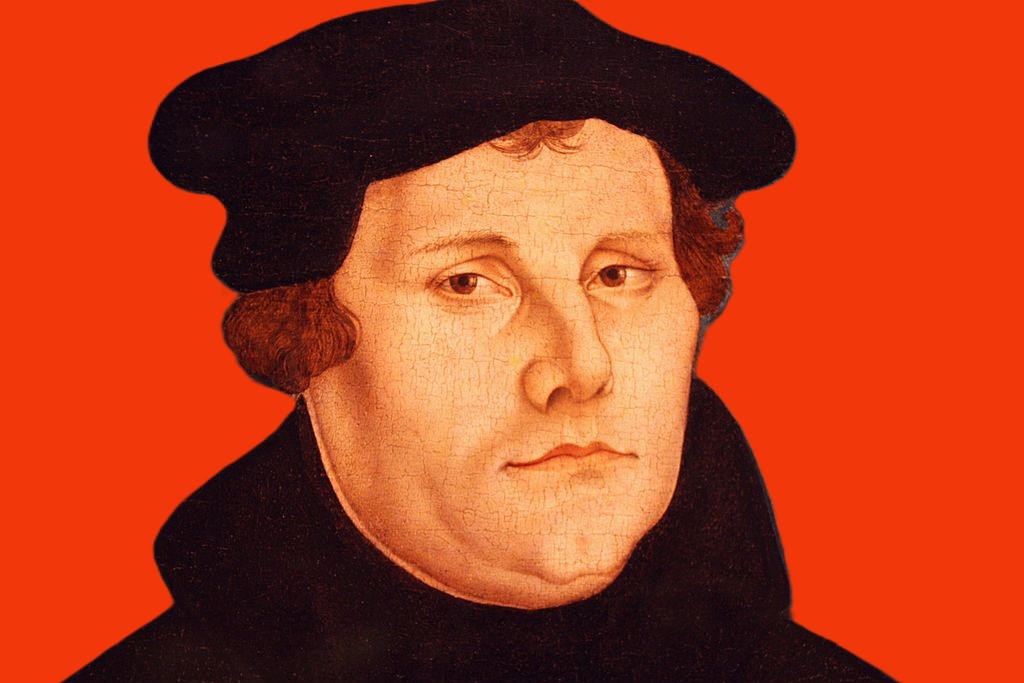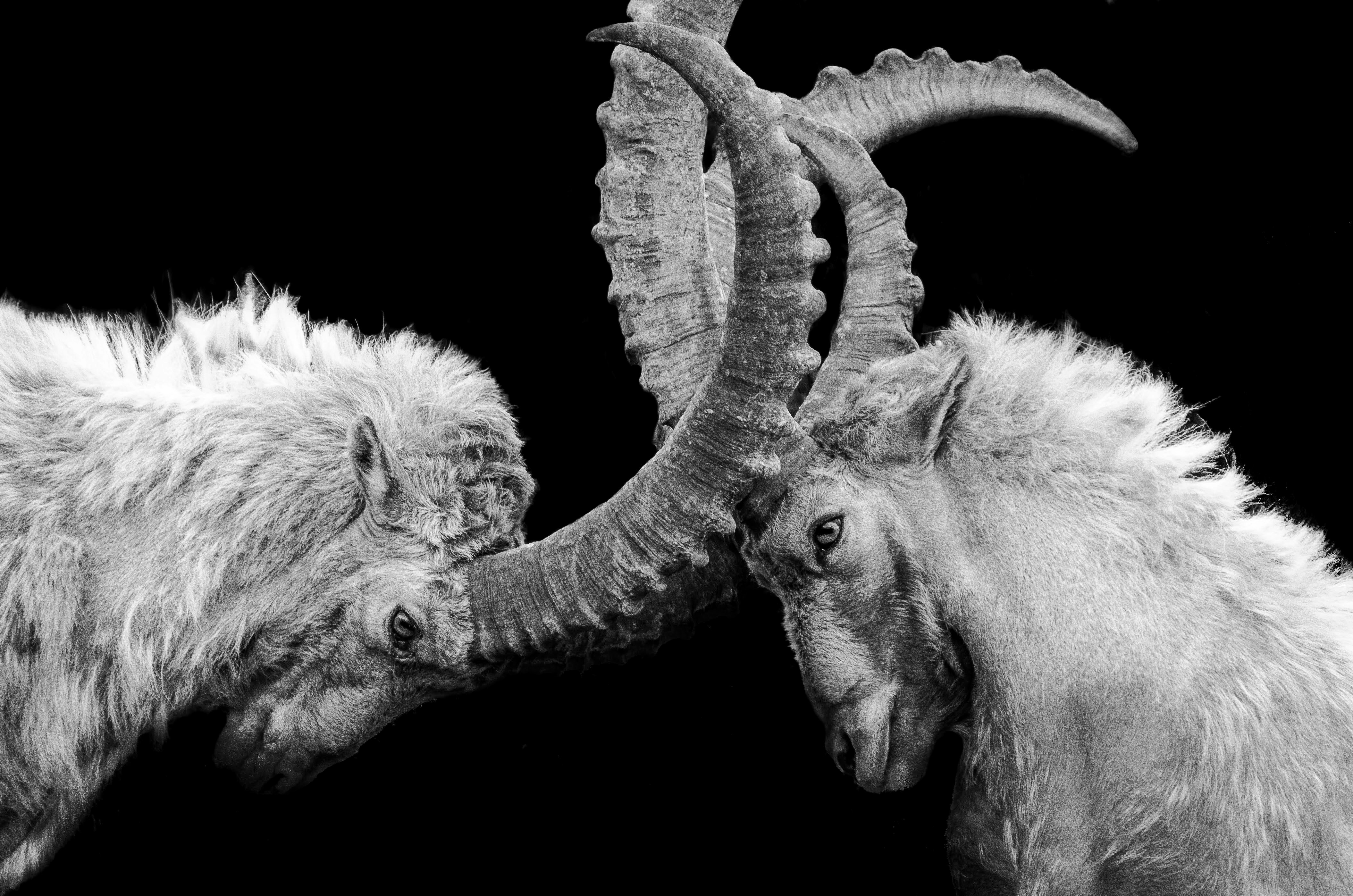
Well, here we are, either literally or metaphorically breaking up for the summer. School’s out and the long evenings demand al-fresco dining – even in the UK where it’s far more likely than not to rain. And of course, it is time to Live Our Best Life as we chase the fantasy and book an eye-wateringly expensive holiday – to “get away from it all”.
In my early adulthood, holidays were unquestionably lying on a sun-drenched beach with a very large pile of novels. It was escapism pure and simple. And sun worshipping. Then I went on a skiing holiday for the first time in my 30s and was amazed how refreshing it was. When you’re concentrating on not dying, hurtling at high speed down a slippery mountain, the regular patterns of thought are left behind; there is simply no headspace to worry about the things that normally occupy the mind. I came back from a week on the snow with my body feeling completely trashed but my mind fresher than ever before.
But whatever our holiday preference, be it active, sedentary or a cocktail of both, it is short-lived. A fortnight is the average length of a holiday, maybe it’s just a cheeky long weekend. If you’re really pushing the boat out (literally if going on a cruise as many people do these days a) – a luxurious three or even four weeks. But however long it is, it is – by definition – not lifelong. We build up to it – “can’t wait to get away” and there can be huge expectation for all the things we’ve been struggling with to be magically less stressful “when I get back”. We think all the exhaustion we carry, all the frustration or disappointment, the overworking we live with on a daily basis, will disappear. We binge on relaxation and put huge pressure on ourselves to HAVE FUN and – that which has become the sly new marketing strategy – “making great memories”. Which can all turn out to be even harder work than what we’re trying to get away from.
Last summer, we went to the Lake District. And it rained. A lot. I mean coming in under the doors/through the windows sort of a lot. So we played Monopoly. And watched the Mission Impossible films. We went for walks in the rain and ate picnics quickly between showers. It was rather like we were living through a low budget British 1980s adaptation of an Enid Blyton novel, instead of the big budget Caribbean fantasia of one’s dreams. By any official descriptor, it was a holiday – but I’m not sure it felt like one.
There is a call for some time to be kept holy, time set apart when we’re not busy being busy, when we remember that we are human and limited and need rest.
So, as I’m keenly interested in the etymology of words, I looked up holiday* to find out whether I had achieved the objective. Holiday = a period of time when you are not at work or school – check; holiday = a period of time spent travelling or resting away from home – hmm, not sure about the resting but we were away; holiday = holy day – hang on, what?
Most world religions or philosophies have some sort of rhythm or pattern for life which includes times of rest. These often (though not always) coincide with some sort of worship or festival. These are times set apart from the day-to-day occupation of “normal life”. Interestingly, in the Judeo-Christian tradition, rest is baked in right from the beginning. After a six “day” working week, so the beginning of the Creation story tells us, God rested. And just to underline the point, sometime later, that same God gave his people the 10 Commandments, one of which is – take a day off.
The word “holy” means set apart, sacred and right at the heart of the Jewish and Christian lifestyle there is a call for some time to be kept holy, time set apart when we’re not busy being busy, when we remember that we are human and limited and need rest. When we can get some objectivity on our productivity; when we can see (as God did all those years ago) that what we have done is good and we can enjoy it.
In our 24/7, I-achieve-therefore-I-am culture, we almost certainly don’t do nothing for a day a week. We are always doing something. Even on our day(s) off, we’re reading or scrolling or running or “making memories”. Where is the rest? Where is the holy?
We don’t function properly – by which I mean we don’t flourish – if we never switch off. That’s how we were made.
There is an ironically busy industry that has flourished in recent years around mindfulness and retreats; an industry which highlights the ultimately human need for rest. There are apps which help us breathe, there are gurus who massage us in body and mind. Cynically, some say capitalism has caught on to the ancient necessity of acknowledging and attending to our humanity, our need to stop doing and simply be. I think God would say, hooray! Or as Jesus put it, “Come with me to a quiet place and find some rest.”
How can we put rest back on the agenda of our own lives? It’s different for each of us. One person’s rest is another person’s nightmare. Whatever it looks like, we need to learn how to have “a period of time not working” (whatever work may occupy us, paid or unpaid, seen or unseen). It’s a well-recognised fact that if your electronic device stops functioning properly, if you turn it off for a bit, it’ll restart happily and we are encouraged to restart our devices regularly. We all know that we’re a bit like that and yet... We don’t function properly – by which I mean we don’t flourish – if we never switch off. That’s how we were made.
We need those moments when we put a spiritual umbrella in the glass of our life, kick back and look at what has been. We can give space for gratitude; for reconnection with ourselves, with our life and even with the omnipotent God who role models rest.
So, this summer, we’re going to the South of France. I’m absolutely exhausted already. I’ve been organising a rota of (very kind) people to look after our dog; preparing work so I’m ready for the day after we get back; buying gallons of sun cream (just in case France runs out); booking trips and Googling where the nearest boulangerie is so we can have idyllic, spontaneous visits for life-changingly delicious croissants… Going on holiday is really hard work and I haven’t even gone yet. But this year, as I put on my sunglasses and factor 30, I am determined to make time to put the holy in my holiday. And holy days in my life.
* (of course, if you’re not British, you might be interested in the etymology of the word vacation = "formal suspension of activity, time in which there is an intermission of usual employment"/state of being unoccupied. Which to my mind is summed up by the old adage, a change is as good as a rest, with which I have always taken issue….)











